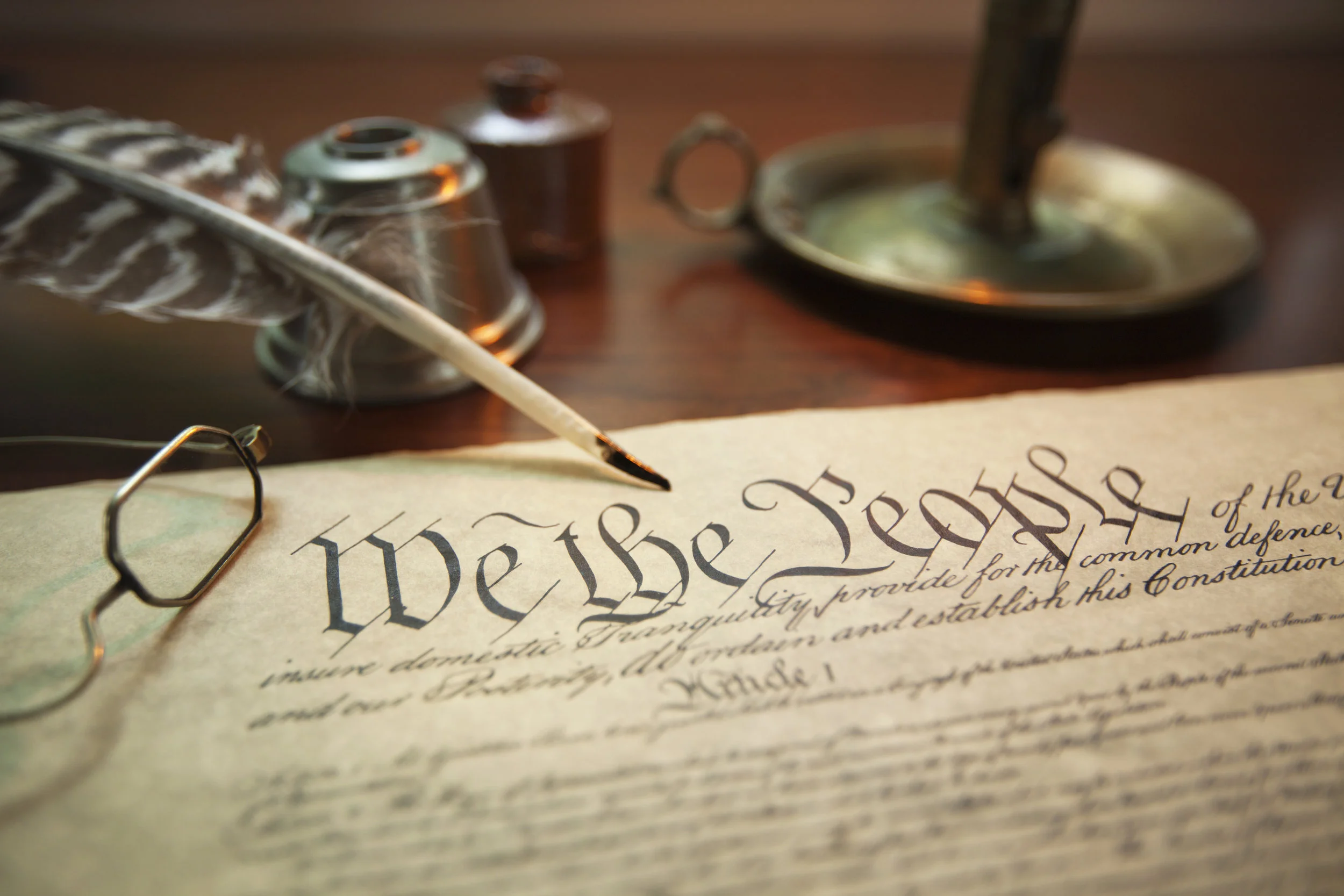"If the law supposes that," said Mr. Bumble, squeezing his hat emphatically in both hands, "the law is a ass - a idiot". -- Charles Dickens, in Oliver Twist.
The Baca decision holds that the framers intended for electors to decide as independent agents who should be the president and who the vice president. Each state has unfettered authority to decide how to appoint electors—by vote of the people, by vote of the legislature, by lot, by the machinations of horoscopes or ouija boards ("spirit of George Washington, who should be president?"), by sale to the highest bidder.
Could a state really sell elector seats? That's a law school question that may need to be answered in real existing politics.
Anyhow, other courts may agree or disagree with Baca, and perhaps the United States Supreme Court will have something to say about this matter. Surely it's important for everyone to know well in advance of the November 2020 election whether Americans are actually voting in a reliable, meaningful way for president or vice president, or whether instead they are delegating that choice to electors.
If the Constitution means that voters are merely delegating the important choice to electors, then people deserve to know a lot more about who is taking on this important job.
Many states do not even list the electors on the ballot. Even if on the ballot, they do not campaign. They do not explain why they deserve to be trusted with the responsibility to pick the nation's only two national government executives. To set forth their qualifications, they are going to need to raise money. The candidates for president in 2020 will spend, all in, a total of $3 to $4 billion on presenting their merits. If the voters are not in reality choosing among the parties' nominees, then all that money perhaps should be spent to present the electors to the voters. The electors themselves do not have to choose among the nominees of the parties anyhow, so there is little purpose to the political spectacle that we currently call the presidential race.
If the Baca becomes the law of the land, people leaning left and right on the political spectrum should agree that this law creates an ass of a system. The obvious alternative is to let the voters directly pick the president. Do not blame the Baca court. Instead, recognize that it's high time to amend the Constitution's broken, antedated, and otiose method of choosing the president.
American history reveals a halting, sometimes wandering, but always vital expansion of democracy. The Baca reading of the framers' intent may be right. But in that case, the framers' conception at last should be updated to reflect the virtue, indeed the necessity, of a truly democratic process for choosing the nation's two top leaders.
In this process, step one is to decide if the candidates for president should be highly encouraged to campaign everywhere for everyone's vote. If the answer to that is yes, then the national vote must choose the president, instead of the current system according to which a handful of swing states attract all attention and distort policies and governance away from the desires of most people.
Step two is to decide if every vote cast nationally should be of equal weight. It could be thought that the composition of the Senate, which cannot be changed by constitutional amendment, suffices to protect the interests of small states. In that case, there's no reason to give small state voters more weight in picking the president than voters in big states. But if the small states' officials want to demand greater voter weight in order to compromise on a constitutional amendment, then every voter can have their votes weighted according to the relative population of the state in which their vote is cast.
Step three is to make up the national mind about whether the president should always be chosen by majority vote, as opposed to having most people vote against the person as occurs fairly often. To produce a majority for the president, the United States would need to adopt some sort of run-off, either instant (also called ranked choice) or a two-stage voting method.
Finally, in the amendment, the country could throw away the obviously anti-democratic back up methods of the Constitution, election by the House where each state has one vote or election by the Senate.
Baca presents anew the long-bruited, extremely obvious fact about the American system of choosing the president. It is terribly flawed. It does not serve either party well, and harms the whole country in numerous ways. The Baca judges are not idiots. They intended only to describe what the framers intended. The system, which did not work beyond the Washington Administration, has become more and more idiotic as the country has grown and changed. When the law is this much of an ass, it's incumbent on all of us to change it.

